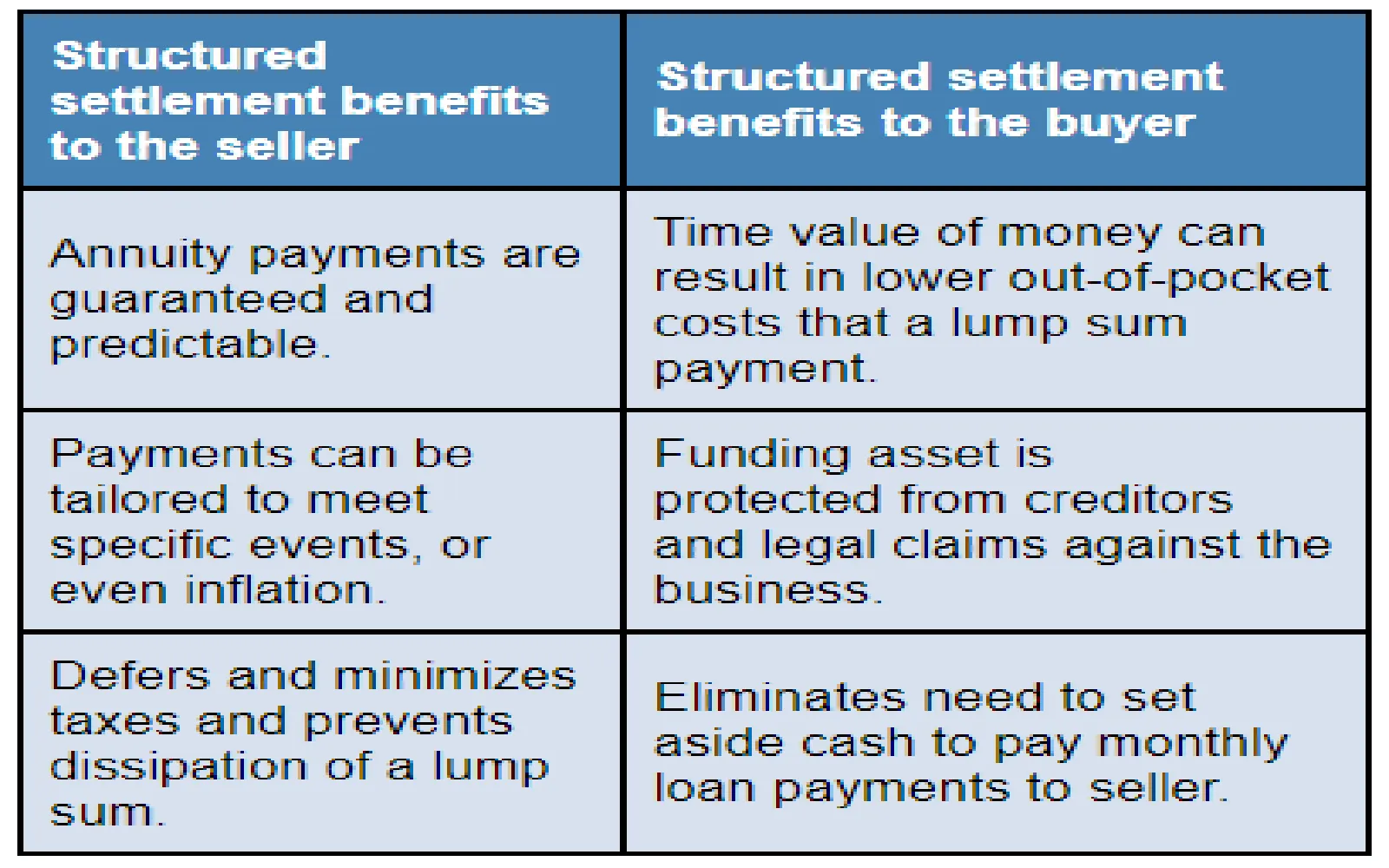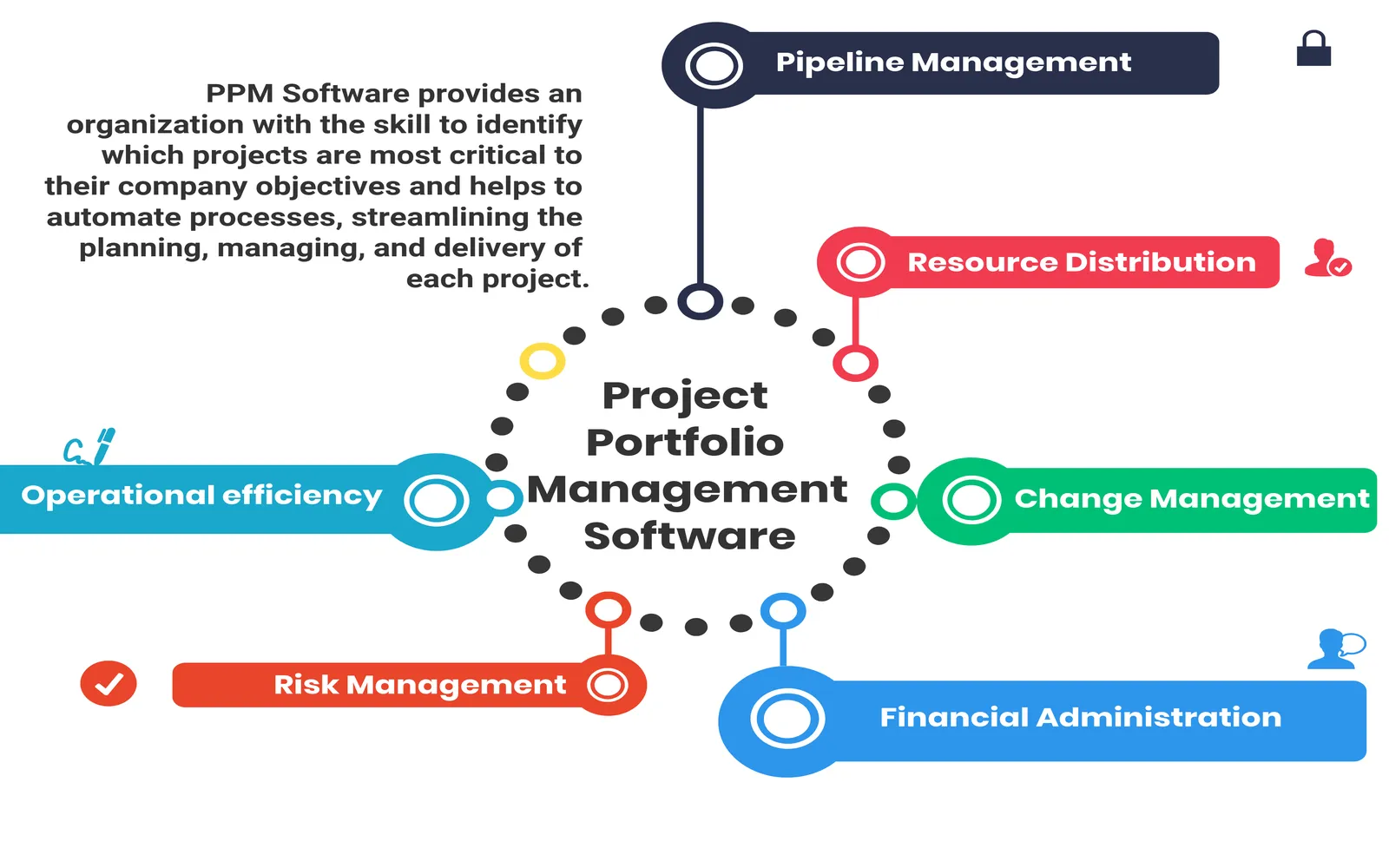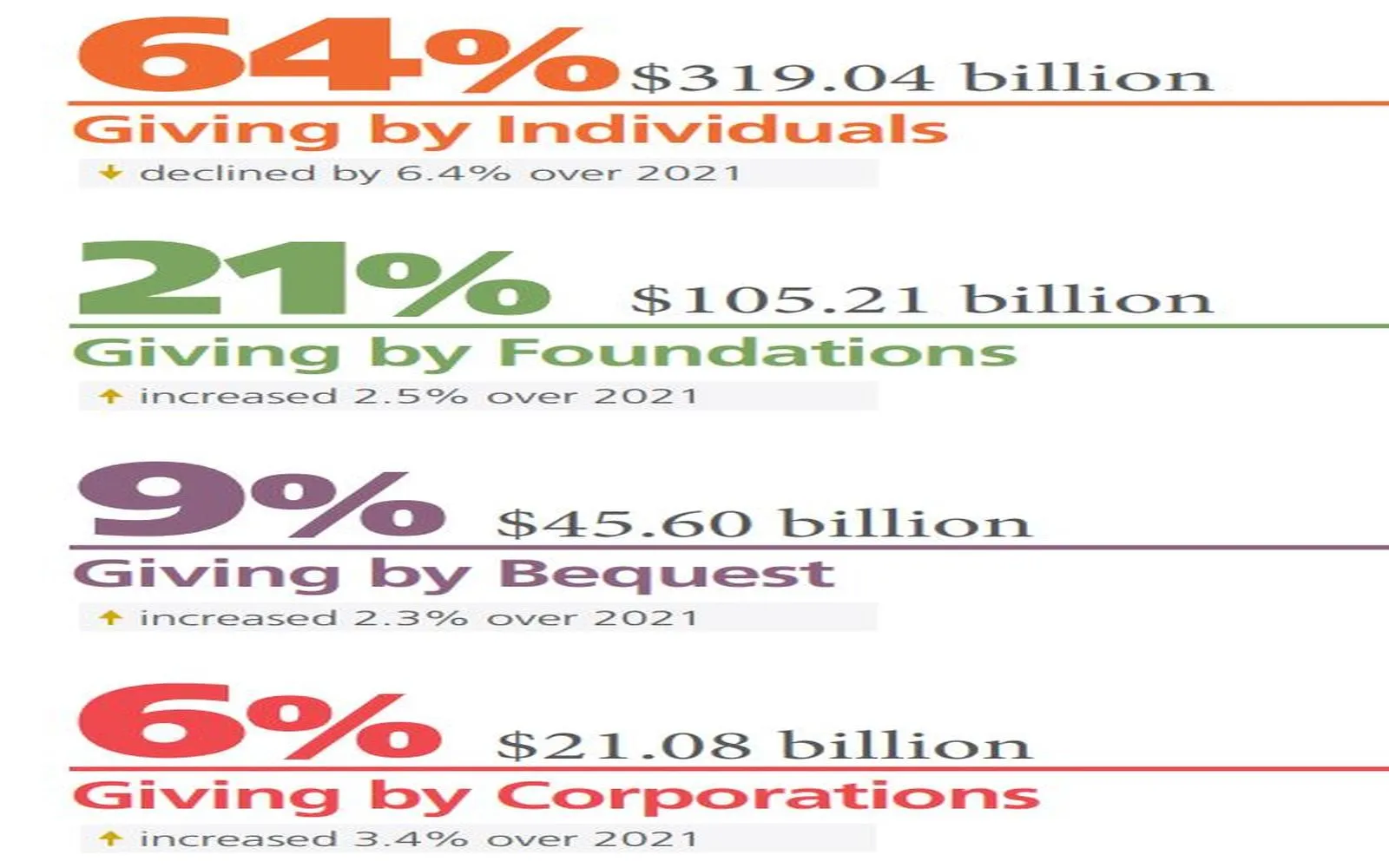How to Find a Good Slip and Fall Lawyer: A Comprehensive Guide
Slip and fall accidents can occur anywhere, from the grocery store to your local park, and can lead to severe injuries, medical expenses, and lost wages. If you’ve been injured in a slip and fall accident, it's crucial to have the right legal representation to ensure you get the compensation you deserve. But with so many lawyers out there, how can you find a good slip and fall lawyer who will work in your best interest? This article will guide you through the process of finding a qualified attorney to handle your case.
1. Understand What Slip and Fall Cases Involve
Slip and fall cases typically fall under personal injury law. They occur when a person is injured due to unsafe conditions on someone else’s property. The injured person needs to prove that the property owner or manager was negligent in maintaining the premises. This may involve factors such as poor lighting, uneven flooring, wet surfaces, or defective staircases.
Before hiring a lawyer, ensure they have experience with slip and fall cases specifically. Personal injury lawyers may handle a wide range of cases, but specialized experience in slip and fall accidents will give you an edge in navigating complex legal issues related to premises liability.
2. Look for Experience and Expertise
When choosing a slip and fall lawyer, it’s essential to focus on their experience and expertise. A lawyer with experience in slip and fall cases will know how to investigate the accident, gather the right evidence, and negotiate with insurance companies effectively. They will also have a proven track record in handling similar cases, increasing your chances of a successful outcome.
You should ask potential lawyers about:
- Years of Experience: How long have they been practicing personal injury law, specifically slip and fall accidents?
- Success Rate: What is their track record in handling slip and fall cases? Do they have a high success rate in securing settlements or verdicts?
- Specialization: Is their practice dedicated to personal injury law, and specifically to premises liability and slip and fall accidents?
3. Check Reviews and References
A good slip and fall lawyer will have a reputation that precedes them. One of the best ways to gauge an attorney's effectiveness is to check client reviews and testimonials. You can find reviews on legal websites, Google, or even the lawyer’s own website. Positive feedback from former clients will give you confidence in your choice.
Additionally, asking for references from past clients can be valuable. If the lawyer is reluctant to provide references or reviews, this could be a red flag.
4. Consult Multiple Lawyers
It's always a good idea to meet with a few lawyers before making your final decision. Many personal injury lawyers offer free consultations, which means you can assess your case without any initial cost. During these consultations, you should:
- Discuss the details of your case.
- Ask about their approach to your specific situation.
- Gauge their communication style and how comfortable you feel talking to them.
This process will help you compare different lawyers and find the one who makes you feel the most confident in their ability to represent you.
5. Consider the Lawyer’s Communication Skills
Effective communication is key when working with any lawyer. A good lawyer should be able to explain the legal process clearly, answer all of your questions, and keep you informed of the progress of your case. They should be responsive to your inquiries and provide you with regular updates.
6. Evaluate the Lawyer’s Fees
Slip and fall lawyers typically work on a contingency fee basis, meaning they only get paid if you win your case. The standard fee is usually around 33% of your settlement or award. However, it's important to discuss the fee structure up front. Some lawyers may charge additional fees for court costs, filing fees, or expert testimony, so it's vital to understand the financial arrangement before proceeding.
Factors to Consider When Hiring a Slip and Fall Lawyer
| Factor | What to Look For |
|---|---|
| Experience | A lawyer with years of experience in slip and fall accidents. |
| Reputation | Positive client reviews and testimonials. |
| Track Record | A high success rate in similar cases. |
| Communication Skills | Clear, consistent communication and transparency. |
| Fee Structure | A fair contingency fee arrangement with no hidden costs. |
| Personalized Attention | Willingness to give your case the time and effort it deserves. |
7. Red Flags to Watch Out For
While searching for a slip and fall lawyer, be mindful of warning signs that could indicate an unreliable or unprofessional attorney:
- Too Eager to Settle: If the lawyer pressures you into settling quickly, they may not have your best interests at heart. While quick settlements can seem attractive, a good lawyer will ensure that you are fully compensated for all your injuries.
- Lack of Experience: If a lawyer has little to no experience with slip and fall cases, they may not be the right choice for your case. Specialization matters in personal injury law.
- Unclear Fee Structure: Be wary of lawyers who are vague about their fees. Clear communication about how the lawyer is paid is essential to avoid any misunderstandings later.
8. Conclusion
Finding a good slip and fall lawyer requires time and research, but the right lawyer can make a significant difference in the outcome of your case. By focusing on experience, reputation, communication, and fees, you can confidently choose an attorney who will work hard to secure the compensation you deserve.
Remember that you don’t have to go through this process alone—an experienced lawyer will guide you through every step of the legal process, giving you the best chance for a successful outcome.
Explore

Choosing a Good Medical Record System: Key Features and Benefits

The Best Internet Business Phone Systems: A Comprehensive Guide

Tax Debt Relief Service: A Comprehensive Guide to Managing Your Tax Debt

Understanding Structured Settlement Annuities: A Comprehensive Guide

Best Project Portfolio Management Software: A Comprehensive Guide

How to Choose the Right Divorce Attorney: A Comprehensive Guide

Best Health Insurance in the USA: A Comprehensive Guide

Donating in the USA: A Comprehensive Guide
